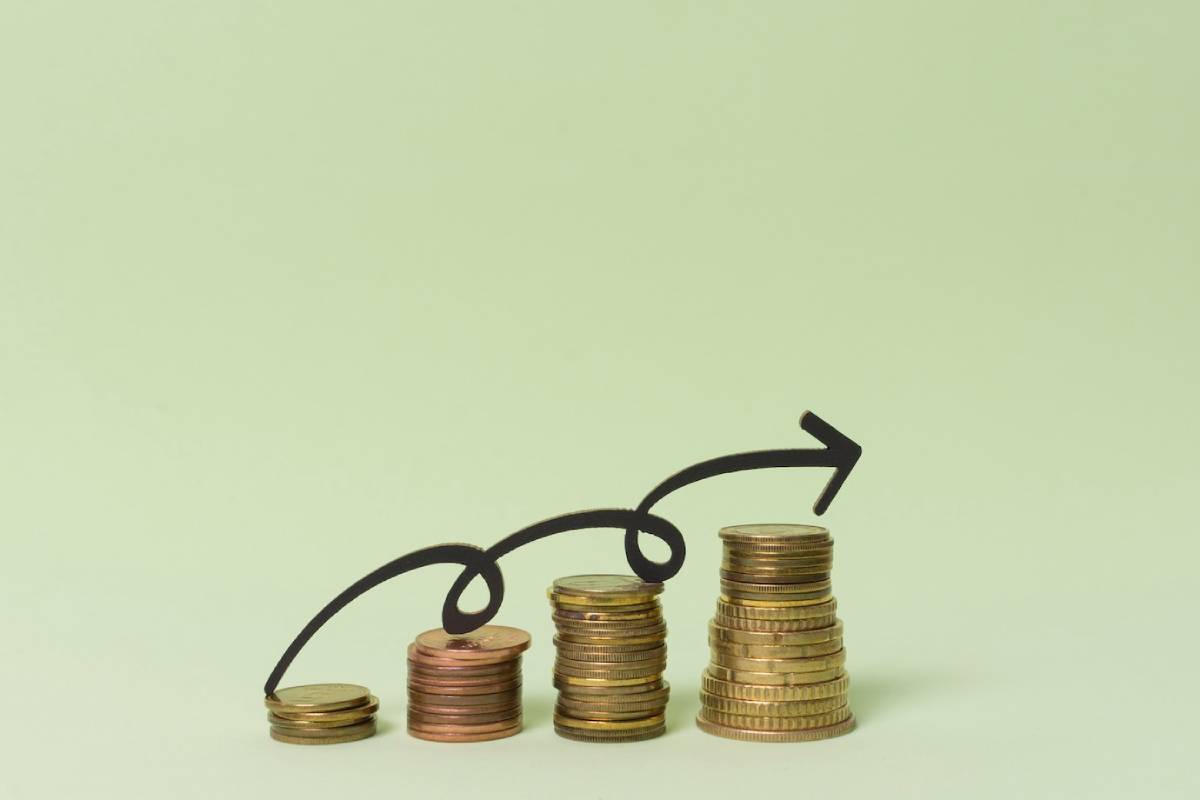
Budgeting with Irregular Income: Freelancers’ Guide
Picture this: waking up each day, a financial mystery awaits. This is their daily grind for millions of freelancers, entrepreneurs, and gig workers. The uncertainty of income looms large, casting shadows on plans and dreams. Each month feels like a roller coaster, with peaks and valleys of unpredictability. Will it be a windfall or a tight squeeze? That’s the reality of navigating the gig economy.
Navigating irregular income can feel like a wild rollercoaster ride. One month may send you soaring, while the subsequent month plunges into stress. Yet, armed with savvy strategies, you can discover stability. Let go of anxiety. Embrace the excitement of thriving, even if your income is unpredictable.
In this guide, we’ll show you effective budgeting strategies. You can budget with confidence, even if your paychecks fluctuate a lot.
Why Budgeting Matters Even More for Freelancers
When you have a salaried job, paydays are predictable. When do you work for yourself?
Challenges freelancers face:
- Cashflow gaps: Clients pay late. Projects dry up.
- Fixed expenses: Bills, rent, subscriptions don’t pause just because income does.
- Self-managed taxes: No employer deductions means you’re responsible for setting aside taxes.
Budgeting isn’t optional for freelancers — it’s survival. Consider budgeting as building a lifeboat: it keeps you afloat between the high and low waves.
Step-by-Step Guide to Budgeting with Irregular Income

Step 1: Calculate Your Baseline Monthly Expenses
Start with your essentials — these are the costs you must cover every month, no matter what.
Must-haves include:
- Rent/mortgage
- Utilities (electricity, gas, water)
- Groceries
- Transportation
- Insurance (health, home, car)
- Debt repayments (loans, credit cards)
Add them up carefully. This is your “survival number” — the minimum income you need to stay afloat each month.
Step 2: Determine Your Average Income
Review the past 6–12 freelance earnings (or as many months as possible).
How to calculate:
- Total all freelance income received.
- Divide by the number of months.
This gives you your average monthly income — your reference point for budgeting decisions.
Step 3: Build a Buffer Fund
You’ll have feast and famine months. A buffer fund (mini emergency fund) smooths out income volatility.
Starter goal:
- Save 1–2 months’ worth of survival expenses.
- Long-term goal: Build to 3–6 months if possible.
Step 4: Create a Priority-Based Budget
Use a zero-based budgeting approach — every pound gets a job.
Budget categories:
- Essentials (non-negotiable bills first)
- Variable essentials (groceries, transport — flexible spending)
- Financial goals (savings, investments, debt payments)
- Lifestyle extras (entertainment, dining out, hobbies)
Pro Tip: Cover needs first, goals second, and wants last.
Step 5: Pay Yourself a “Regular Salary”
Move a fixed “paycheque” from your freelance or business account to your personal account each month.
- Base it on your average monthly income (or slightly lower for safety).
- Leave surplus earnings in your freelance account to build up your buffer.
Result: You create personal financial stability even if freelance payments come in unevenly.
Smart Budgeting Tips for Freelancers
1. Save for Taxes Every Month
- Set aside 20–30% of your income into a separate “tax savings” account.
- Automate this transfer if possible.
Nothing feels worse than scrambling to pay your tax bill at the last minute.
2. Separate Business and Personal Finances
Set up different bank accounts:
- One for business income/expenses.
- One for personal bills and savings.
Benefits:
- Simplifies bookkeeping
- Reduces tax-time headaches
- Gives you clearer financial visibility
3. Overestimate Expenses, Underestimate Income
Budget with caution:
- Assume slightly higher monthly costs than usual.
- Assume a slightly lower income than the average.
This builds in natural safety margins and avoids nasty surprises.
4. Create a “Feast and Famine” Plan
During high-income months:
- Boost your savings.
- Pay off extra debt.
- Fund future expenses.
During low-income months:
- Tighten discretionary spending.
- Draw modestly from your buffer.
Mindset shift: Treat big months as an opportunity to buy peace of mind — not more stuff.
5. Track Every Pound
Awareness is half the battle.
Apps to try:
- YNAB (You Need A Budget)
- PocketGuard
- Money Dashboard (UK)
Tracking lets you see patterns, control cash flow, and adapt your plan as needed.
Real-Life Story: Alex’s Freelance Budget Makeover
Alex, a 27-year-old freelance photographer, enjoyed the freedom of self-employment. However, he disliked the stress over finances.
His steps:
- Set a personal “salary” based on a conservative 6-month income average.
- Built a £2,000 buffer for lean periods.
- Paid taxes monthly into a dedicated account.
Result: In a year, Alex doubled his savings. He felt less stressed and took a two-month travel sabbatical, all without debt.
Lesson: Systems create freedom.
Common Mistakes to Avoid
- Treating good months as new baselines: Keep lifestyle inflation in check.
- Ignoring taxes until the last minute: Plan monthly, not annually.
- Overcommitting to fixed expenses: Stay flexible with your budget.
- Failing to revisit your budget: Update regularly based on actual income and goals.
How to Handle Big, Unexpected Expenses
- Pause non-essential spending immediately.
- Tap into your buffer fund before using credit cards.
- Negotiate payment plans for large bills (e.g., medical, car repairs).
Preparedness reduces panic.
Frequently Asked Questions
Should I budget based on my best months or worst months?
Budget based on your lowest average months. Surplus from higher months should grow your buffer, not fund lifestyle creep.
How much should I save from each freelance payment?
After setting aside taxes, aim to save at least 10–20% toward financial goals or your income buffer.
What if my income is extremely unpredictable?
- Set an even lower baseline “salary.”
- Diversify income streams (multiple clients, side gigs).
- Tighten essential living expenses where possible.
Flexibility and caution are your most excellent tools.
Conclusion: Freelance Freedom with Financial Stability

Having irregular income doesn’t mean living in financial chaos. Smart budgeting and careful planning help you manage your freelance finances. This reduces anxiety and builds a sustainable, abundant life.
Ready to take control?
- Calculate your survival number.
- Start building your first buffer.
- Pay yourself a regular salary this month.
Small, consistent steps today will set you up for a calm, confident financial future.


